Janet Samuel, Abuja
The Director General of West African Health Organisation (WAHO), Dr. Melchior Athanasius Joel. C. AISSI, has stated that WAHO has incorporated health education into all its programmes.
The Director General stated this during his paper presentation titled: “Status of the implementation of health education policies in the ECOWAS region : Role of the ECOWAS Parliament, ” at the Delocalized meeting of the Joint Committee of the ECOWAS Parliament in Conakry, the Republic of Guinea.
The WAHO Director General noted that health education aims to promote: the acquisition of knowledge and skills by the population with a view to fostering behavioral change; health promotion behaviour; Community ownership of health programmes; a reduction in health risk behaviours.
According to the WAHO Director General, an example of this incorporation of health education in the Regional Reproductive Health and HIV Prevention Project, under which WAHO provided financial support to the countries of Benin, Burkina Faso, Ghana, Togo, Liberia, Sierra Leone, Guinea Bissau, The Gambia, and Niger in 2023.
According to the WAHO boss, this has resulted in the implementation of 125 sub-projects centred on: activities aimed at creating demand for family planning, education of the girl-child, and ensuring continuation of studies, improved delivery of sexual and reproductive health services.
He further outlined the various strategies for health education in particular to include-behaviour change communication, risk communication and community engagement, social mobilisation, advocacy for the adoption of health promotion policies and increased funding for healthcare.
The WAHO Director General also stressed on the working experience and relationship between WAHO and the ECOWAS Parliament which include: the enactment and adoption of the law on HIV/AIDS, the Demographic Dividend and health Financing (ECOWAS inter-Parliamentary Committee), The fight against Malaria (Parliamentary Network to combat Malaria), Steering Committee to coordinate efforts to support countries in managing health
He said, “some of the lessons learned from collaborating, with the ECOWAS Parliament are: Adoption of Law on HIV/AIDS in almost all countries; greater commitment on the part of decision-makers to the demographic dividend and greater awareness among the population on the importance of fertility control, improved internal financing in certain countries, greater community involvement in the fight against Malaria and epidemics as a whole, increase in the % national budget for health, and greater visibility of WAHO’s activities in the countries.
The WAHO Director General also enumerated some of the role expected of parliament in the implementation of health education policies to include: To advocate for health-promotion policies, including ensuring that the community budget allocated to health are in line with the commitments made in the Abuja Declaration, and to promote information campaigns to encourage people and communities on the need for health-related behavioural changes among others
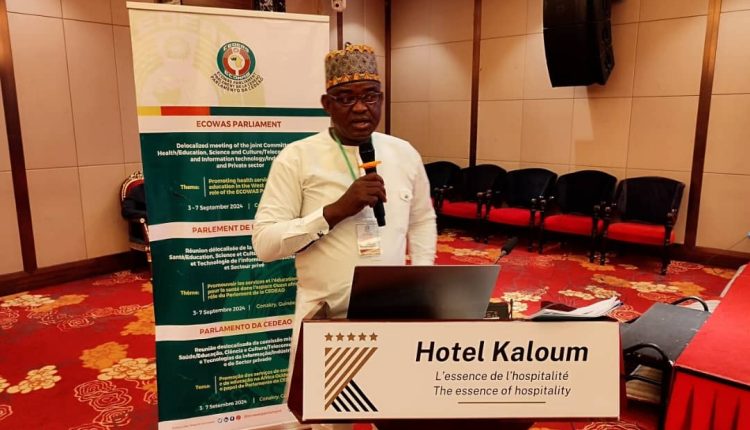
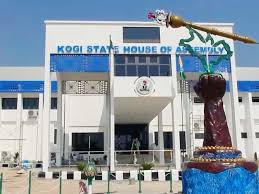




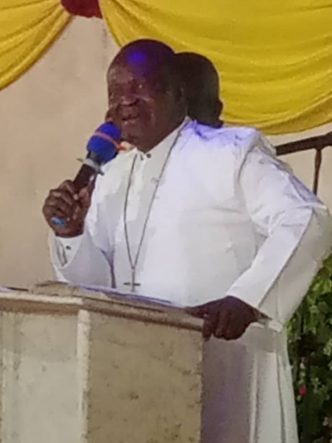

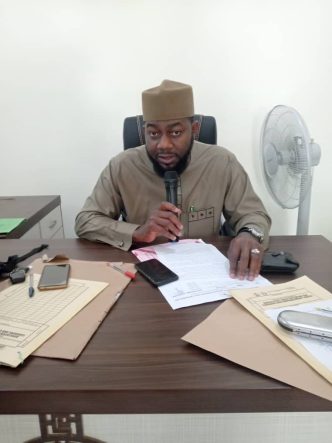
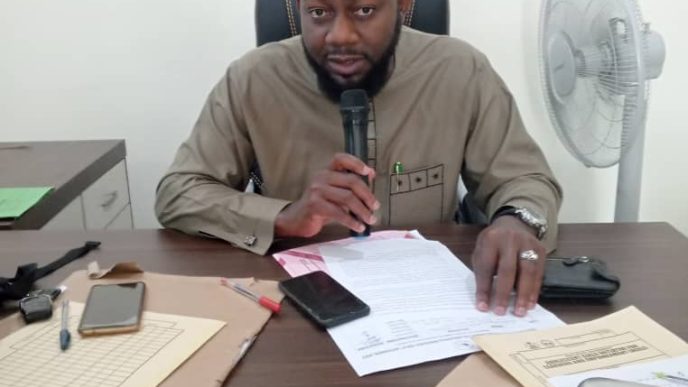
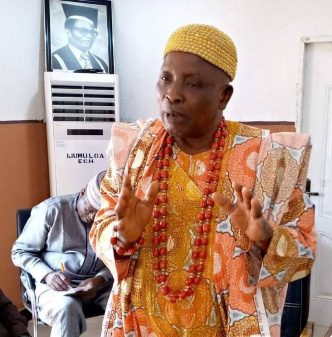
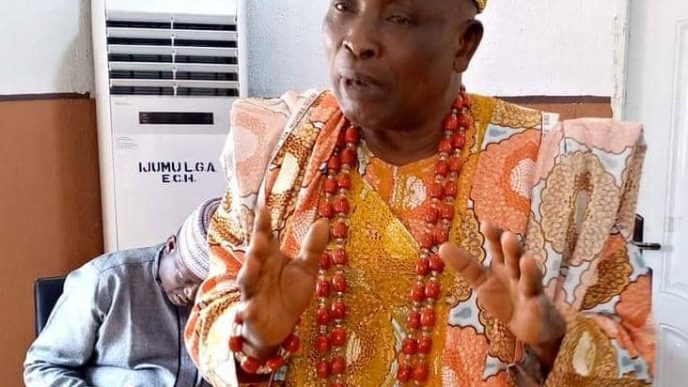
GIPHY App Key not set. Please check settings